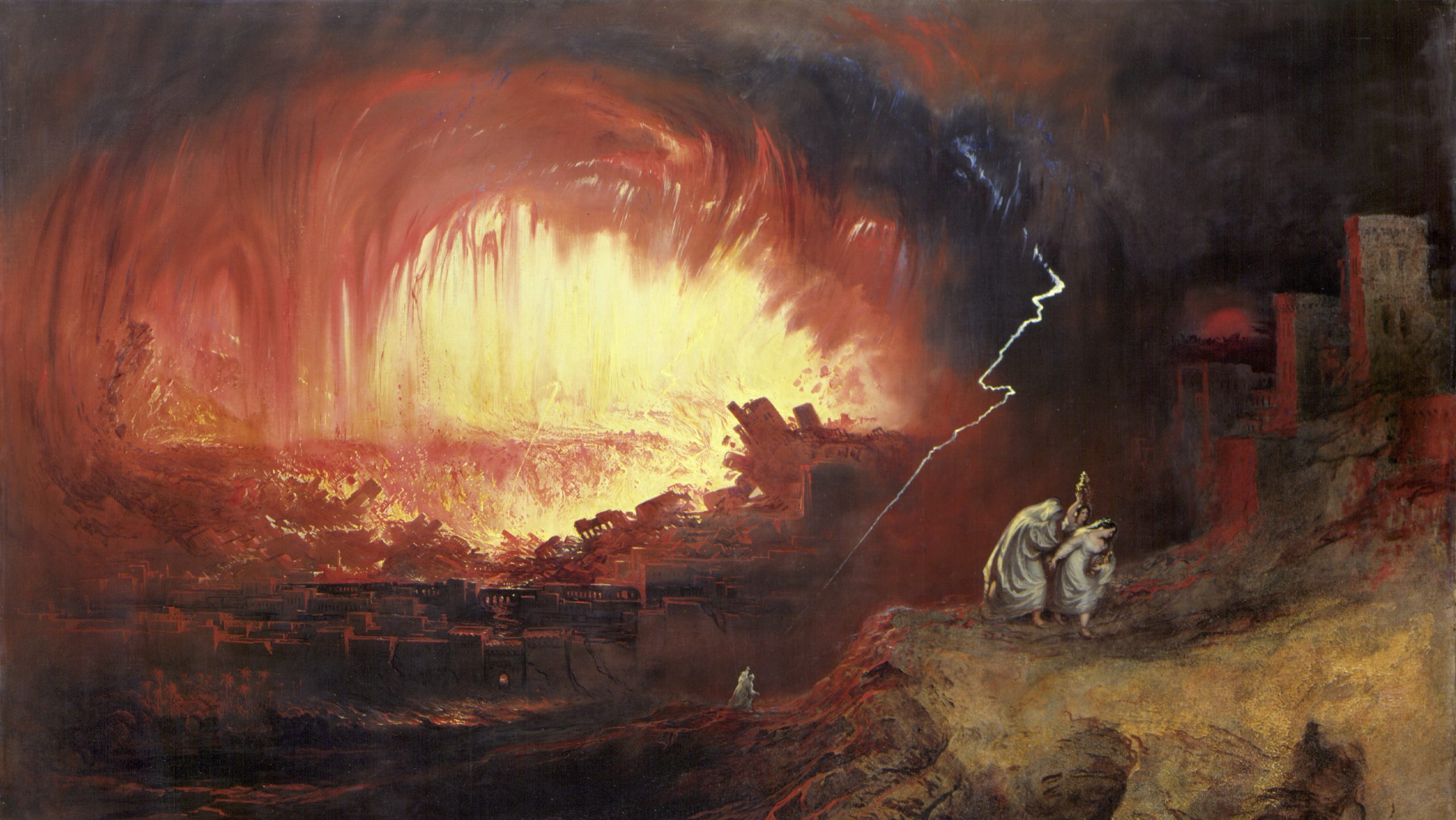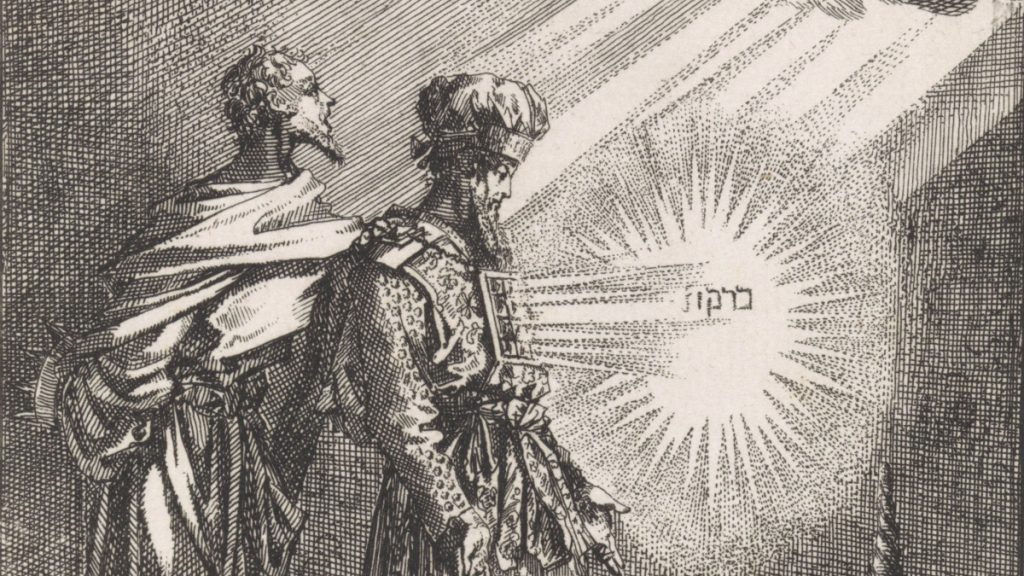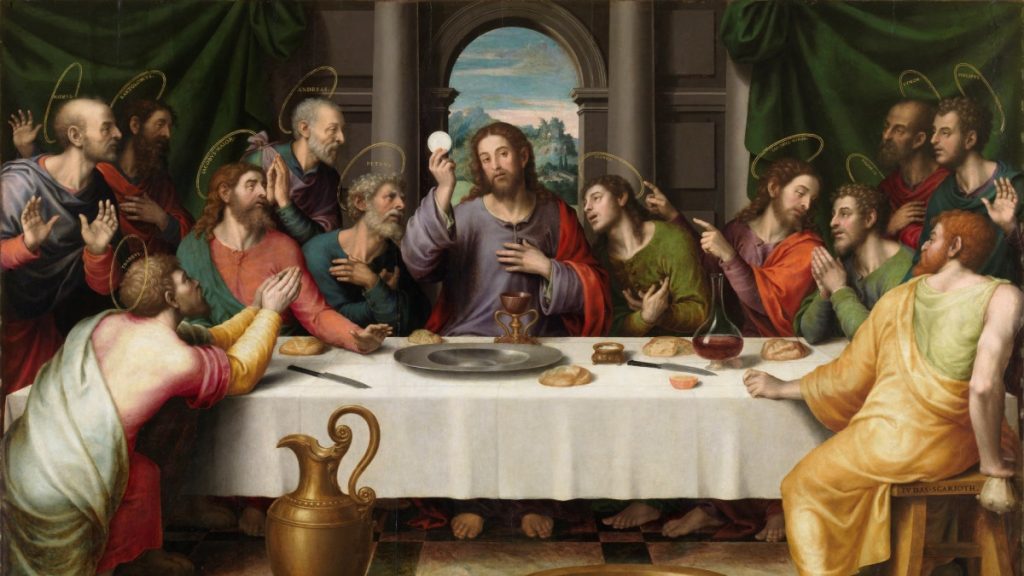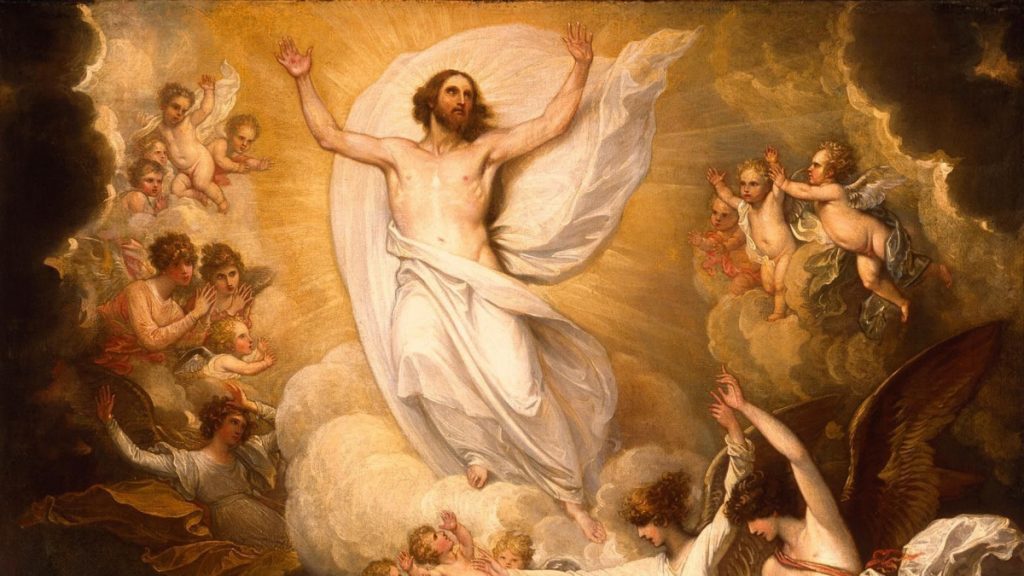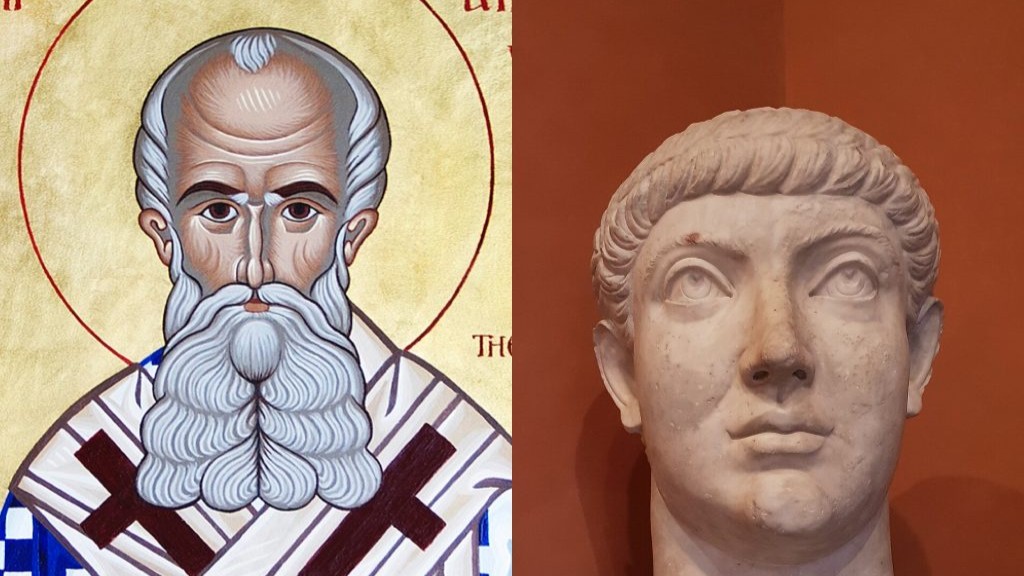(Updated April 11, 2025)
This Quote Archive is on Homosexual and Gender-Confusing Behavior. Each Archive is a treasury of original source quotes on various topics relevant to the Catholic Faith, and addressed in Becoming Catholic articles. They are intended to help people explore the “gold, silver, and precious gems” that have been mined and sifted from the sources of the Great Tradition by Eternal Christendom as a labor of love for our readers, and all seekers of Truth. They are periodically updated as more research is completed.
Apostolic Era Documents
Didache (c. 50)
The second commandment of the Teaching: “Do not murder; do not commit adultery”; do not corrupt boys; do not fornicate; “do not steal”; do not practice magic; do not go in for sorcery; do not murder a child by abortion or kill a new-born infant.
St. Barnabas (first century)
St. Barnabas (possibly), Letter of Barnabas (c. 75)
You shall not commit fornication; you shall not commit adultery: you shall not be a corrupter of youth.
St. Justin Martyr (c. 100-165) | EAST
St. Justin Martyr, First Apology (c. 151)
But as for us, we have been taught that to expose newly-born children is the part of wicked men; and this we have been taught lest we should do anyone an injury, and lest we should sin against God, first, because we see that almost all so exposed (not only the girls, but also the males) are brought up to prostitution. And as the ancients are said to have reared herds of oxen, or goats, or sheep, or grazing horses, so now we see you rear children only for this shameful use; and for this pollution a multitude of females and hermaphrodites, and those who commit unmentionable iniquities, are found in every nation. And you receive the hire of these, and duty and taxes from them, whom you ought to exterminate from your realm. And any one who uses such persons, besides the godless and infamous and impure intercourse, may possibly be having intercourse with his own child, or relative, or brother. And there are some who prostitute even their own children and wives, and some are openly mutilated for the purpose of sodomy; and they refer these mysteries to the mother of the gods, and along with each of those whom you esteem gods there is painted a serpent, a great symbol and mystery. Indeed, the things which you do openly and with applause, as if the divine light were overturned and extinguished, these you lay to our charge; which, in truth, does no harm to us who shrink from doing any such things, but only to those who do them and bear false witness against us.
St. Clement of Alexandria (c. 150-c. 215) | EAST
St. Clement of Alexandria, Exhortation to the Heathen (190)
All honor to that king of the Scythians, whoever Anacharsis was, who shot with an arrow one of his subjects who imitated among the Scythians the mystery of the Mother of the gods, as practiced by the inhabitants of Cyzicus, beating a drum and sounding a cymbal strung from his neck like a priest of Cybele, condemning him as having become effeminate among the Greeks, and a teacher of the disease of effeminacy to the rest of the Cythians…
Well, then (for I shall not refrain from the recital), Baubo having received Demeter hospitably, reaches to her a refreshing draught; and on her refusing it, not having any inclination to drink (for she was very sad), and Baubo having become annoyed, thinking herself slighted, uncovered her shame, and exhibited her nudity to the goddess. Demeter is delighted at the sight, and takes, though with difficulty, the draught—pleased, I repeat, at the spectacle. These are the secret mysteries of the Athenians; these Orpheus records…
Hercules, the son of Zeus—a true son of Zeus—was the offspring of that long night, who with hard toil accomplished the twelve labors in a long time, but in one night deflowered the fifty daughters of Thestius, and thus was at once the debaucher and the bridegroom of so many virgins. It is not, then, without reason that the poets call him a cruel wretch and a nefarious scoundrel. It were tedious to recount his adulteries of all sorts, and debauching of boys. For your gods did not even abstain from boys, one having loved Hylas, another Hyacinthus, another Pelops, another Chrysippus, and another Ganymede. Let such gods as these be worshipped by your wives, and let them pray that their husbands be such as these—so temperate; that, emulating them in the same practices, they may be like the gods. Such gods let your boys be trained to worship, that they may grow up to be men with the accursed likeness of fornication on them received from the gods.
St. Clement of Alexandria, The Instructor
In accordance with these remarks, conversation about deeds of wickedness is appropriately termed filthy [shameful] speaking, as talk about adultery and pederasty and the like.
The fate of the Sodomites was judgment to those who had done wrong, instruction to those who hear. The Sodomites having, through much luxury, fallen into uncleanness, practicing adultery shamelessly, and burning with insane love for boys; the All-seeing Word, whose notice those who commit impieties cannot escape, cast His eye on them. Nor did the sleepless guard of humanity observe their licentiousness in silence; but dissuading us from the imitation of them, and training us up to His own temperance, and falling on some sinners, lest lust being unavenged, should break loose from all the restraints of fear, ordered Sodom to be burned, pouring forth a little of the sagacious fire on licentiousness; lest lust, through want of punishment, should throw wide the gates to those that were rushing into voluptuousness. Accordingly, the just punishment of the Sodomites became to men an image of the salvation which is well calculated for men. For those who have not committed like sins with those who are punished, will never receive a like punishment.
Tertullian (c. 155-c. 220) | WEST
Tertullian, Modesty (220)
But all the other frenzies of passions—impious both toward the bodies and toward the sexes—beyond the laws of nature, we banish not only from the threshold, but from all shelter of the Church, because they are not sins, but monstrosities.
Novatian (c. 200-c. 258) | WEST
Novatian, Jewish Foods (c. 253-60)1
(Ch. 3, §§13-17)
When fish with rough scales are considered clean, men with austere, rough, unpolished, steadfast, and grave traits are commended; fish without scales are unclean because loose, fickle, insincere, and effeminate traits are censured. What does the Law mean when it states: “You shall not eat the camel” (Lev. 11:4; Deut. 14:7)? From the example of an animal, it censures an unruly life and one distorted by disorders. What does the Law mean when it forbids one to partake of the flesh of swine (Lev. 11:7; Deut. 14:8)? It condemns, you can be sure, a foul and filthy life–one that delights in sordid vices by placing its supreme good, not in nobility of spirit, but in the flesh alone. What does the Law want to indicate when it forbids the hare (Lev. 11:6; Deut. 14:7)? It denounces effeminate men.
St. Cyprian of Carthage (c. 210-258) | WEST
St. Cyprian of Carthage, Letter 1: To Donatus (246)
(§8) Hence turn your looks to the abominations, not less to be deplored, of another kind of spectacle…Men are emasculated, and all the pride and vigor of their sex is effeminated in the disgrace of their enervated body; and he is most pleasing there who has most completely broken down the man into the woman. He grows into praise by virtue of his crime; and the more he is degraded, the more skillful he is considered to be. Such a one is looked upon—oh shame! and looked upon with pleasure…[N]or is there wanting authority for the enticing abomination, that the mischief may creep upon people with a less perceptible approach. They picture Venus immodest, Mars adulterous; and that Jupiter of theirs not more supreme in dominion than in vice, inflamed with earthly love in the midst of his own thunders, now growing white in the feathers of a swan, now pouring down in a golden shower, now breaking forth by the help of birds to violate the purity of boys. And now put the question: can he who looks upon such things be healthy-minded or modest? Men imitate the gods whom they adore, and to such miserable beings their crimes become their religion.
(§9) Oh, if placed on that lofty watch-tower you could gaze into the secret places—if you could open the closed doors of sleeping chambers, and recall their dark recesses to the perception of sight—you would behold things done by immodest persons which no chaste eye could look upon; you would see what even to see is a crime; you would see what people embruted [to degrade to the level of a brute] with the madness of vice deny that they have done, and yet hasten to do—men with frenzied lusts rushing upon men, doing things which afford no gratification even to those who do them.
Eusebius of Caesarea (c. 260/265-339) | EAST
Eusebius of Caesarea, The Proof of the Gospel (319)2
(Book 4, Ch. 10)
Then, having forbidden all unlawful marriage, and all unseemly practice, and the union of women with women and men with men, he adds: “Do not defile yourself with any of these things; 181 | 182 for in all these things the nations were defiled, which I will drive out before you. And the land was polluted, and I have recompensed [their] iniquity upon it, and the land is aggrieved with them that dwell upon it” (Lev. 18:24).
St. Basil (330-379) | EAST
St. Basil, An Ascetical Discourse and Exhortation on the Renunciation of the World and Spiritual Perfection (373)3
If you are youthful in body or mind, fly from intimate association with comrades of your own age and run away from them as from fire. The Enemy has, indeed, set many aflame through such means and consigned them to the eternal fire, casting them down into that loathsome pit of the five cities [Gen. 10:19; Deut. 29:23] on the pretext of spiritual love. Even those who have come safely through every wind and tempest on the sea and are safe in port he has sent down into the deep, together with the ship and crew. At meals take a seat far away from your young brother; in lying down to rest, let not your garments be neighbor to his; rather, have an elderly brother lying between you. When a young brother converses with you or is opposite you in choir, make your response with your head bowed lest, perchance, by gazing fixedly into his face, the seed of desire be implanted in you by the wicked Sower and you reap sheaves 23 | 24 of corruption and ruin. At home or in a place where there is no witness of your actions, be not found in his company under the pretext of meditation on the Divine Words or for any other excuse, even the most urgent need; nothing is of greater urgency than the soul for whom Christ died. Do not believe the crafty argument which suggests to you that this is quite harmless thing to do, but be fully convinced, by the oft-repeated experience of those who have fallen and have clearly demonstrated it to be so, that it is of itself an offensive act.
St. Basil, Letter 279: To Amphilochius, On the Canons (375)
He who is guilty of unseemliness with males will be under discipline for the same time as adulterers.
St. John Chrysostom (c. 347-407) | EAST
St. John Chrysostom, Homily 73 on Matthew
Many come in gazing about at the beauty of women; others curious about the blooming youth of boys. After this, dost thou not marvel, how bolts are not launched, and all things are not plucked up from their foundations? For worthy both of thunderbolts and hell are the things that are done; but God, who is long-suffering, and of great mercy, forbears awhile His wrath, calling thee to repentance and amendment.
St. John Chrysostom, Homily 4 on Romans (391)
All these affections then were vile, but chiefly the mad lust after males; for the soul is more the sufferer in sins, and more dishonored, than the body in diseases. But behold how here too, as in the case of the doctrines, he deprives them of excuse, by saying of the women, that “they changed the natural use.” For no one, he means, can say that it was by being hindered of legitimate intercourse that they came to this pass, or that it was from having no means to fulfil their desire that they were driven into this monstrous insaneness…
Here in the place of the world he sets the pleasure according to nature, which they would have enjoyed with more sense of security and greater glad-heartedness, and so have been far removed from shameful deeds. But they would not; whence they are quite out of the pale of pardon, and have done an insult to nature itself. And a yet more disgraceful thing than these is it, when even the women seek after these intercourses, who ought to have more sense of shame than men. And here too the judgment of Paul is worthy of admiration, how having fallen upon two opposite matters he accomplishes them both with all exactness…
And sundry other books of the philosophers may one see full of this disease. But we do not therefore say that the thing was made lawful, but that they who received this law were pitiable, and objects for many tears. For these are treated in the same way as women that play the whore. Or rather their plight is more miserable. For in the case of the one the intercourse, even if lawless, is yet according to nature; but this is contrary both to law and nature. For even if there were no hell, and no punishment had been threatened, this were worse than any punishment…
For such is the burning of Sodom, and that conflagration! And they know it well that have been at the place, and have seen with their eyes that scourge divinely sent, and the effect of the lightnings from above [Jude 7]. Consider how great is that sin, to have forced hell to appear even before its time! For whereas many thought scorn of His words, by His deeds did God show them the image thereof in a certain novel way. For that rain was unwonted, for that the intercourse was contrary to nature, and it deluged the land, since lust had done so with their souls. Wherefore also the rain was the opposite of the customary rain. Now not only did it fail to stir up the womb of the earth to the production of fruits, but made it even useless for the reception of seed. For such was also the intercourse of the men, making a body of this sort more worthless than the very land of Sodom. And what is there more detestable than a man who hath pandered himself, or what more execrable? Oh, what madness! Oh, what distraction! Whence came this lust lewdly revelling and making man’s nature all that enemies could? or even worse than that, by as much as the soul is better than the body. Oh, ye that were more senseless than irrational creatures, and more shameless than dogs! for in no case does such intercourse take place with them, but nature acknowledgeth her own limits. But ye have even made our race dishonored below things irrational, by such indignities inflicted upon and by each other. Whence then were these evils born? Of luxury; of not knowing God. For so soon as any have cast out the fear of Him, all that is good straightway goes to ruin.
St. Augustine (354-430) | WEST
St. Augustine, Confessions
Therefore those offences which be contrary to nature are everywhere and at all times to be held in detestation and punished; such were those of the Sodomites, which should all nations commit, they should all be held guilty of the same crime by the divine law, which has not so made men that they should in that way abuse one another. For even that fellowship which should be between God and us is violated, when that same nature of which He is author is polluted by the perversity of lust.
Other Documents
Apostolic Constitutions (400)
We abhor all unlawful mixtures, and that which is practiced by some against nature as wicked and impious.
Footnotes
- Novatian, Russell J. DeSimone, trans., The Fathers of the Church, Vol. 67: The Trinity, The Spectacles, Jewish Foods, In Praise or Purity, Letters (Washington, DC: The Catholic University of America Press, 1974), 149. ↩︎
- Eusebius of Caesarea, W.J. Ferrar, trans., The Proof of the Gospel, Volumes I and II (Eugene, OR: Wipf and Stock Publishers, 2001), 181-82. ↩︎
- St. Basil, M. Monica Wagner, CSC, trans., The Fathers of the Church, Vol. 9: Saint Basil, Ascetical Works (Washington, DC: The Catholic University of America Press, 1950), 23-24. ↩︎
